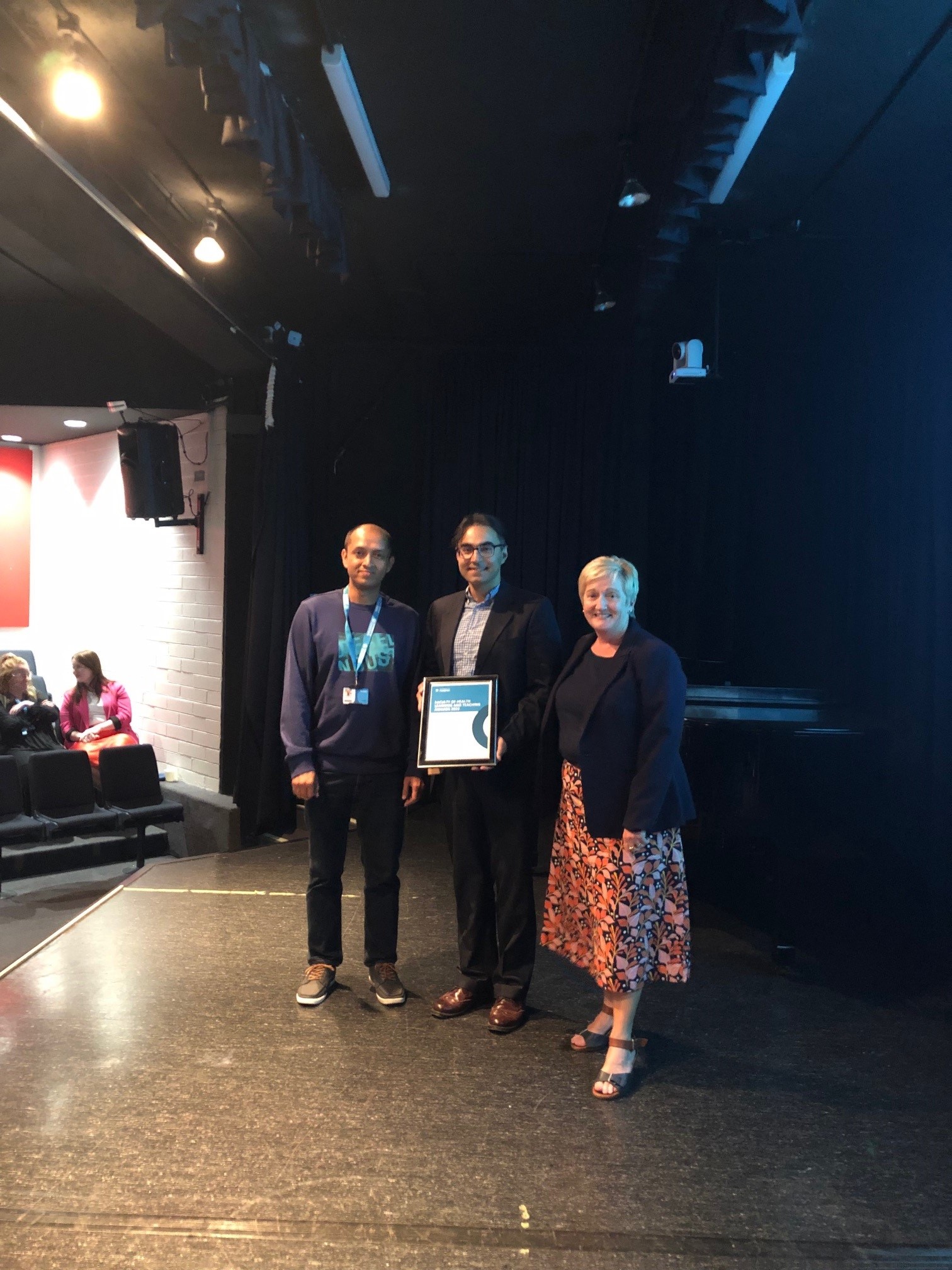International peer-to-peer engagement deepens learning outcomes

A new interactive program focused on global health is changing how university students engage with and learn about global health practices.
Co-created by Dr Danish Ahmad from the Australian National University (ANU) School of Medicine and Psychology along with an education designer and researchers at the Health Research Institute University of Canberra (UC), the three-part program is delivered by a facilitator to students based in different countries, enabling international peers to engage online in real-time.
The program developed as ‘proof of concept’ has proven to increase peer-to-peer student engagement between the learners resulting in increased cultural knowledge, skill development, and opportunity to apply theoretical skills.
“The aim is to create a respectful and open group learning environment that fosters cultural immersion and understanding so that the students can work together to create innovative, contextually suited and sustainable health system solutions in the public health space,” advised Dr Ahmad.
Student feedback about the program content and delivery method showed a deepened understanding of the importance of culture when considering global and public health practices.
One participating student advised, “I was aware that culture has a great influence on health, but just how much, I didn’t realise until these sessions. The interaction with the facilitators and other participants was brilliant, particularly learning through photography, case studies, and discussions.”
Another student added, “Everyone was rich with their own experiences and happily and respectfully contributed to the discussions. I realised that I had been looking at health through only a clinical lens. Now I know I need to look at it from different perspectives.”
Dr Ahmad explained, “We know from the program’s evaluation that participants reported high overall impact across student learning metrics in the domains of motivation to learn, increased knowledge about international perspectives, personal development and intellectual development.”
“Given this success and the low delivery cost, the program serves as a template for other global health courses that would like to incorporate real-time international student exchange and learning.”
Dr Ahmad added, “We operate in a rapidly changing ecosystem between university and industry where traditional alignments between skill acquisition and application have changed. The way we teach, learn, and work has evolved.”
“The ANU, in collaboration with UC, is responding and adapting to these changes to create courses that are designed and delivered with a focus on innovative learning for students but also with a focus on fostering innovation for academics delivering the content across multidisciplinary teams and with other domestic and international universities.”
The team who created the program, including Dr Ahmad who is an honorary fellow with the Health Research Institute at UC, recently received the Excellence in Learning and Teaching Award from the University of Canberra. Read more about the approach and program in the open access published paper.
